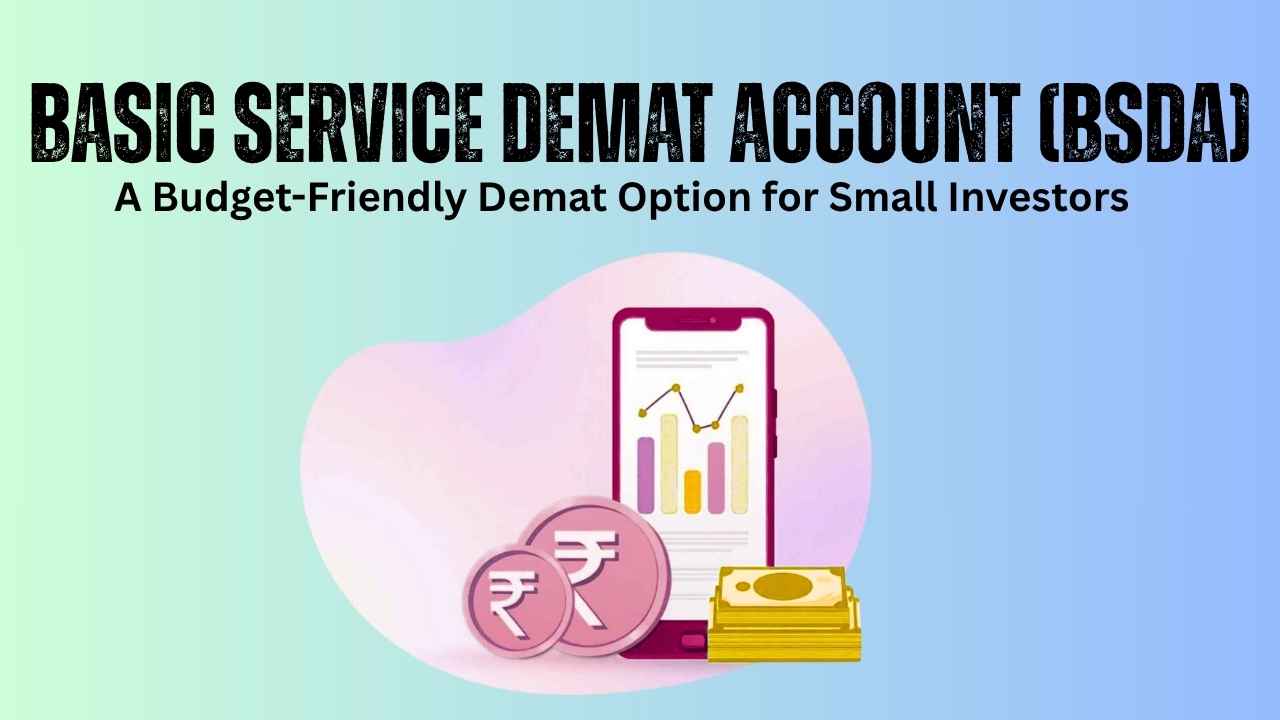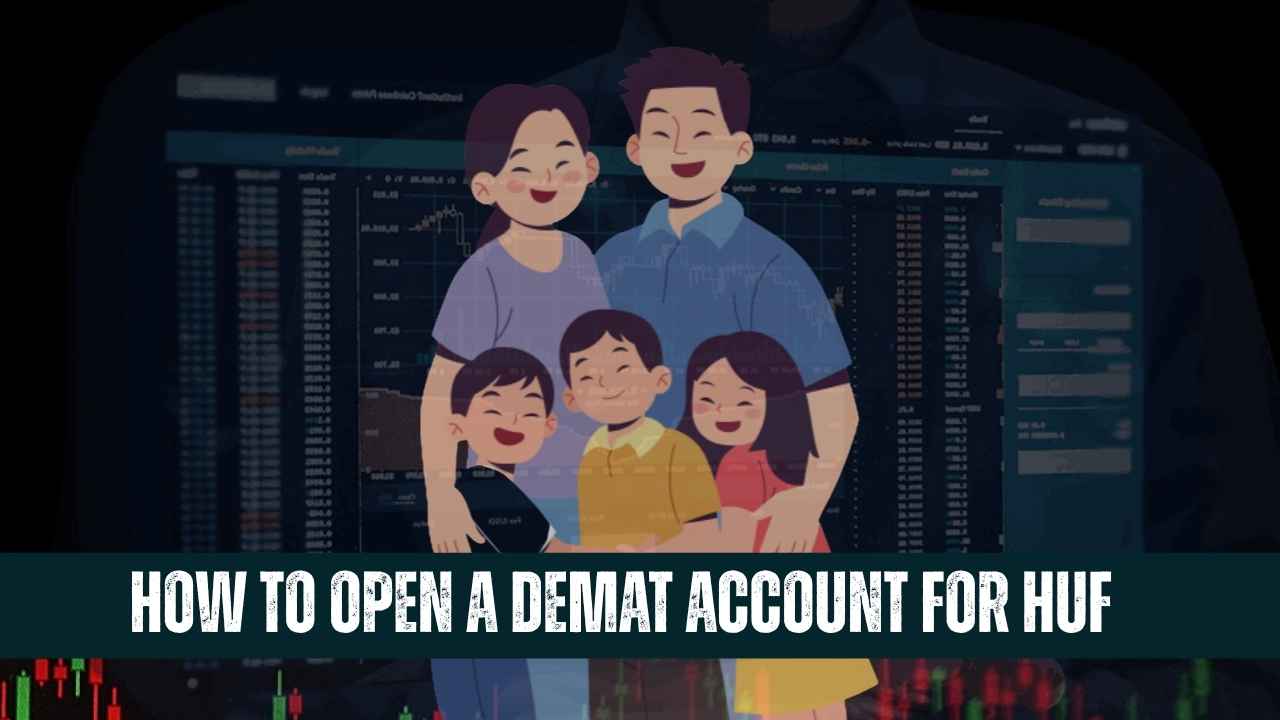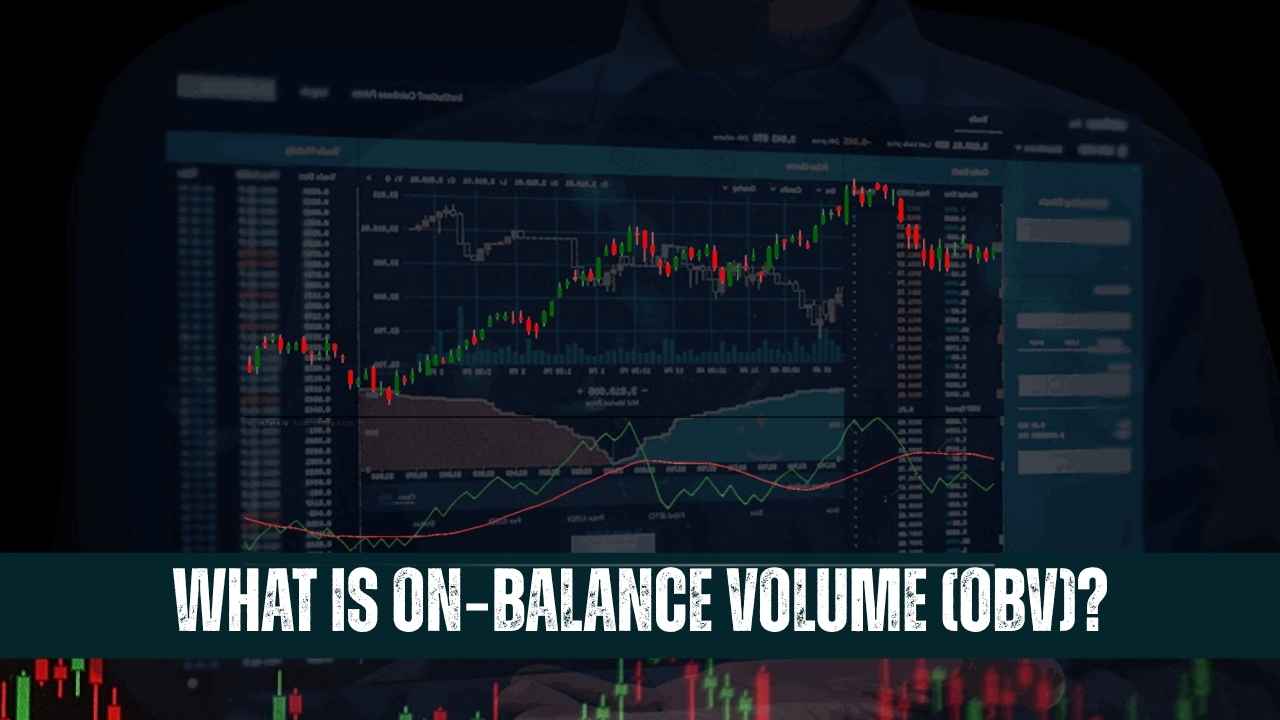A Basic Service Demat Account (BSDA) is a unique kind of demat account launched by SEBI in 2012 to reduce the cost of investing in the stock market for small or new investors. Unlike a standard demat account, a BSDA carries much lower charges and less advanced features that suit individuals with small portfolios. Indeed, BSDA was specifically established “to lower the cost burden of demat charges on small retail investors” and to promote wider participation in India’s stock markets. As of 2024, SEBI has heightened the BSDA limits: from 1 September 2024, any investor with only a single demat account (as first/sole holder) and aggregate holdings of up to ₹10 lakh will be eligible for a BSDA automatically. Having more than this limit (₹10 lakh) triggers the account to be treated as a normal demat account.
Key Features of BSDA
BSDA accounts offer a range of investor-friendly features and benefits that simplify trading and reduce costs:
- Lower Fees and Charges: BSDA holders enjoy reduced annual maintenance charges (AMC). For example, under SEBI’s older rules, no AMC was levied on holdings up to ₹50,000, and only a nominal fee (maximum ₹100/year) on holdings between ₹50,001 and ₹2,00,000. (From September 2024, these slabs have been raised – see below.)
- Free E-Statements: Investors receive periodic statements (quarterly transaction statements and annual holdings statements) free of charge in electronic form. Hard-copy (physical) statements can be requested, but SEBI caps the fee at ₹25 per statement.
- SMS Alerts: BSDA customers get real-time SMS notifications for every transaction, keeping them informed of buys, sells, or debits in their account.
- No Minimum Balance: There is no mandatory minimum balance requirement in a BSDA; investors can maintain even a very small portfolio without incurring monthly or opening fees.
- Lower Demat/Remat Charges: Depository charges for dematerialization (converting paper shares to electronic form) and rematerialization (the reverse) are either waived or significantly reduced for BSDA holders. Physical statement charges are also “mitigated” (often waived or lower) compared to regular accounts.
- Easy Portfolio Tracking: Basic but transparent services such as free annual holding statements and online access make it easy to track securities electronically. These accounts are designed for simplicity: for instance, account statements and updates are generally automated and provided without extra cost.
- Seamless Conversion: If needed, a BSDA can be converted to a regular full-service demat account. For example, if an investor’s holdings exceed the prescribed limit, the account is automatically reclassified as a regular account under standard fees. Similarly, an existing full-service demat account can be changed to a BSDA (see below) if eligibility criteria are met.
Together, these features make BSDA accounts particularly attractive for beginners and small retail investors who want the benefits of dematerialized trading without the high costs of a full-service account.
Annual Maintenance Charges (AMC) for BSDA
Annual Maintenance Charges (AMC) are the periodic charges depository participants (DPs) make for holding a demat account. Under SEBI’s BSDA rules, AMCs are much lower (or nil) for small portfolios than for regular accounts. For example, SEBI’s original slab-based AMC structure allowed no AMC up to ₹50,000 of holdings, and up to ₹100 per year for holdings ₹50,001–₹2,00,000. If the account’s holdings exceed ₹2,00,000, DPs are permitted to levy the normal charges applicable to regular demat accounts.
These slabs were recently updated. A June 2024 SEBI circular increased the thresholds and the charges. Since 1 September 2024, balances up to ₹4,00,000 bear no AMC, and balances in the ₹4,00,001 to ₹10,00,000 range pay a flat ₹100 per year (plus taxes). Any account valued more than ₹10,00,000 is no longer a BSDA. In operation, this would entail a BSDA account holder having, for example, ₹5 lakh in securities paying at most ₹100 per annum, while before they would have paid the same ₹100 for the same ₹2 lakh portfolio.
Example: If an investor’s highest value portfolio in a year is ₹3.5 lakh, the yearly fee is nil. If it increases to ₹7 lakh, the fee is ₹100 (as per new SEBI rules). Conversely, if holdings ever cross ₹10 lakh, the account gets automatically shifted to a regular demat account and charged at normal AMCs. These regulations are enforced by the DP in every billing cycle based on highest balance as per SEBI requirements.
Eligibility Criteria
Not all investors can operate a BSDA. SEBI limits BSDA accounts to promote equality and avoid fee arbitrage. The primary eligibility conditions are:
- Single Demat Account (First/Sole Holder): The investor must have only one demat account (across all depository participants) with him/her as the first or sole holder. In other words, BSDA is designed for individual retail investors, and joint accounts are not permitted under this scheme.
- Value of Holdings: Under the revised SEBI rules, the total value of securities (equity, debt, ETFs, mutual funds, etc.) in the account cannot exceed ₹10 lakh at any time. Prior to 2024, this cap was ₹2 lakh. (Technically, earlier guidelines even separated debt vs. other securities, but the current rule is a combined ₹10 lakh limit.) If holdings exceed the limit, the account loses BSDA status.
- One BSDA per PAN: An investor may hold only one BSDA linked to a given PAN. This prevents an individual from splitting their portfolio into multiple no-fee accounts.
- No Other Demat as First Holder: The investor must not have any other demat account (in which they are the first holder) with any DP.
These conditions imply that a current full-service demat account may be converted to BSDA if the said criteria are satisfied. For instance, if an investor maintains multiple accounts, he must close or convert the additional accounts first before he can apply for BSDA. Depository participants review accounts from time to time: any eligible regular account will be converted to BSDA unless the owner declines. Similarly, if the balance of a BSDA increases beyond the limit, DPs automatically convert it into a normal account from the date onwards.
Converting a Regular Demat to BSDA
You can convert your existing regular (full-service) demat account to a BSDA if you qualify as a BSDA. SEBI has granted permission to DPs to do this conversion on auto-pilot: at the end of every billing cycle, the DP will see whether your account is eligible (single holder, no other demat, holdings within limit) and if so convert it to BSDA. Alternatively, you can also approach your DP actively to make a request for conversion. Once the necessary documents or declarations are submitted, the DP will proceed with the conversion after SEBI’s terms are confirmed. Remember, however, that if ever your holding crosses the set limit or you create another demat account, BSDA will automatically lapse into a general account subject to normal fee conditions.
How to Open a BSDA
Opening a BSDA is usually the same procedure as opening a normal demat account, only with the BSDA request mentioned. You can apply through any depository participant (stock broker, bank, or financial service platform). For instance, most investors prefer online platforms such as Groww or Angel One. The steps usually are:
- Sign Up: Visit the broker’s website or app and register with your mobile number and email.
- Verify Your Identity: Complete KYC by providing your PAN, address proof, and other required documents online. An OTP or in-person verification may be needed.
- Provide Bank Details: Enter bank account information (account number, IFSC, etc.) for linking with the demat.
- Fill Account Form: Indicate that you want a BSDA and accept the related terms. (Some forms will explicitly ask whether you want BSDA status.)
- E-Sign: Electronically sign the account opening form.
- DP Approval: The depository participant verifies the information. Once approved, your BSDA will be activated.
Each platform may phrase steps differently, but the essence is the same as the normal demat account opening process. For instance, Groww’s guide walks users through mobile verification, PAN entry, bank details, and e-signature – all of which apply to a BSDA application.
SEBI Guidelines and Conditions
SEBI’s rules for BSDA accounts emphasize simplicity and inclusivity. Some key regulatory conditions are:
- One Account per PAN: Only one BSDA can be held per PAN, and it must be in the investor’s name as first/sole holder.
- Holdings Limit: Total securities value must stay within ₹10 lakh (debt + non-debt). If this limit is crossed, the account “shall automatically” convert to a regular demat account.
- AMC Rules: No AMC is charged if holdings are up to ₹4 lakh; a flat ₹100 AMC applies for ₹4–10 lakh. (Beyond ₹10 lakh, BSDA rules no longer apply.)
- Free e-Statements: Account statements in electronic form are provided free of cost. If physical statements are requested, SEBI has capped the fee at ₹25 per statement.
These regulations are imposed by SEBI to maintain BSDA as a no-frills, low-cost variant. Deppository participants are bound to abide by these regulations: they have to open a BSDA for any qualified account and cannot decline if requirements are fulfilled. Additionally, DPs scrutinize accounts every billing cycle and convert or reconvert accounts according to the terms of SEBI.
Conclusion
For new investors and small investors, a BSDA could be a good entry point to the stock market. It reduces the cost of equity investing considerably by waiving charges or limiting them at very low levels. And yet, it provides critical services — free online statements, SMS alerts, and safe electronic holding of shares — making it transparent and convenient. In short, BSDA helps make dematerialized trading affordable and accessible, advancing SEBI’s goal of higher financial inclusion in the securities market.
Sources: SEBI circulars and regulatory updates; broker FAQs and guides. The above information is based on official guidelines and news reports.
Disclaimer:
The information presented in this article is for general informational purposes only. It does not constitute financial, investment, or professional advice. Commodity prices and market conditions can change rapidly; before making any investment or trading decisions, you should conduct your own due diligence and consult with a qualified financial advisor or other professional. The author and publisher assume no responsibility for losses or damages resulting from any actions taken based on the content of this post.











